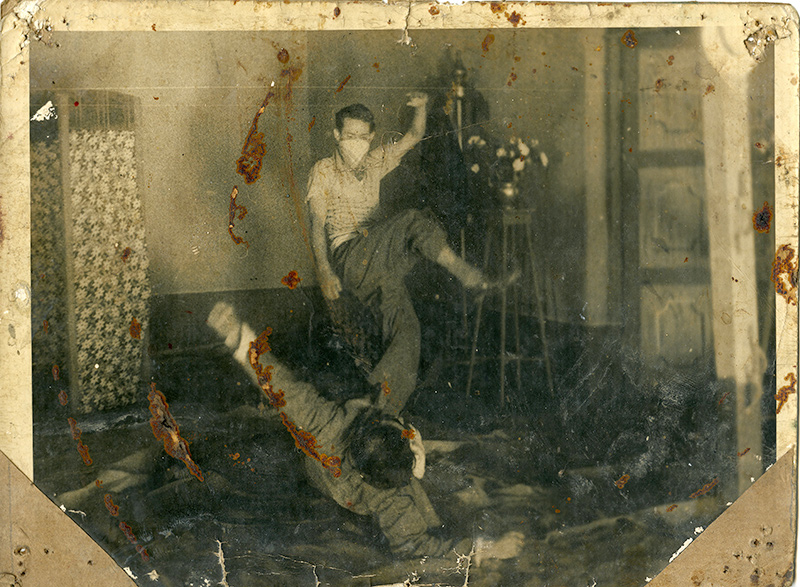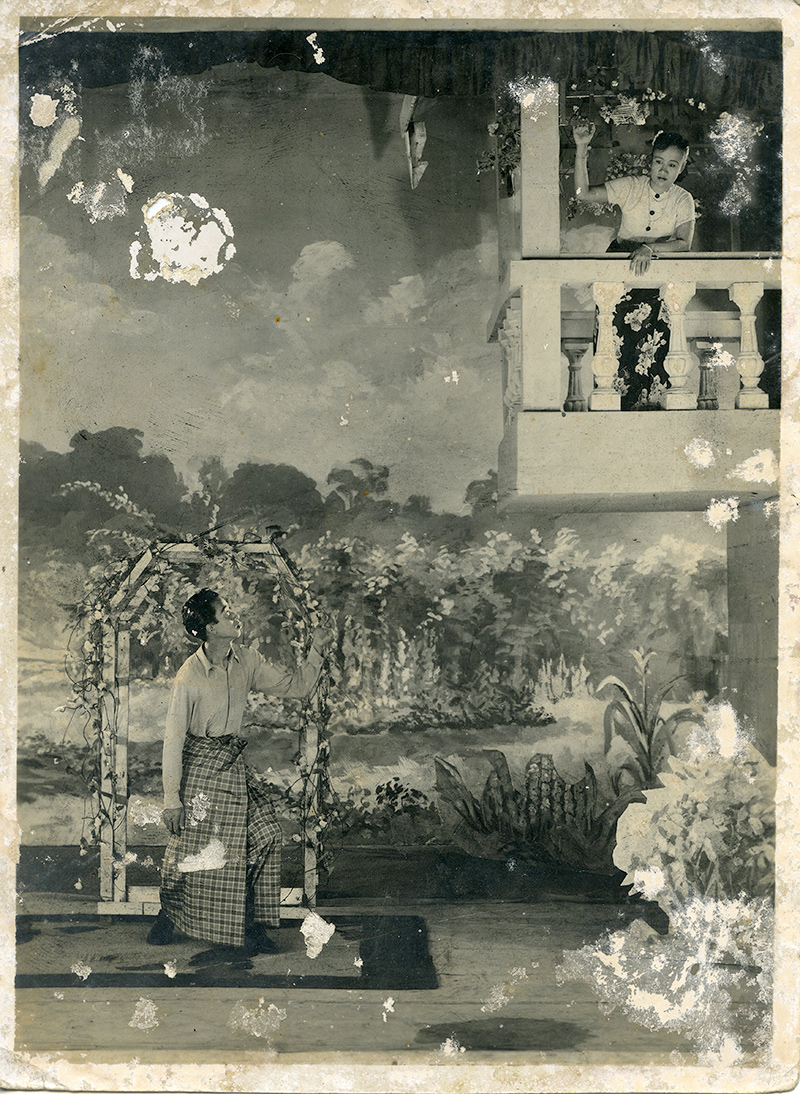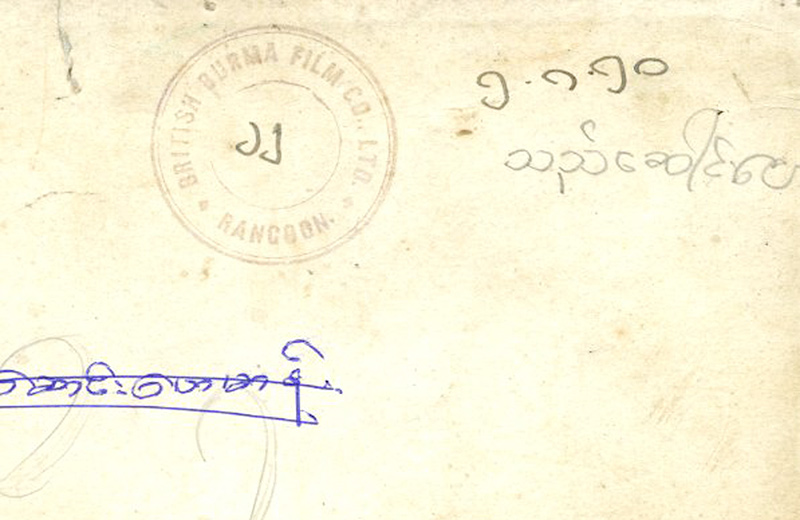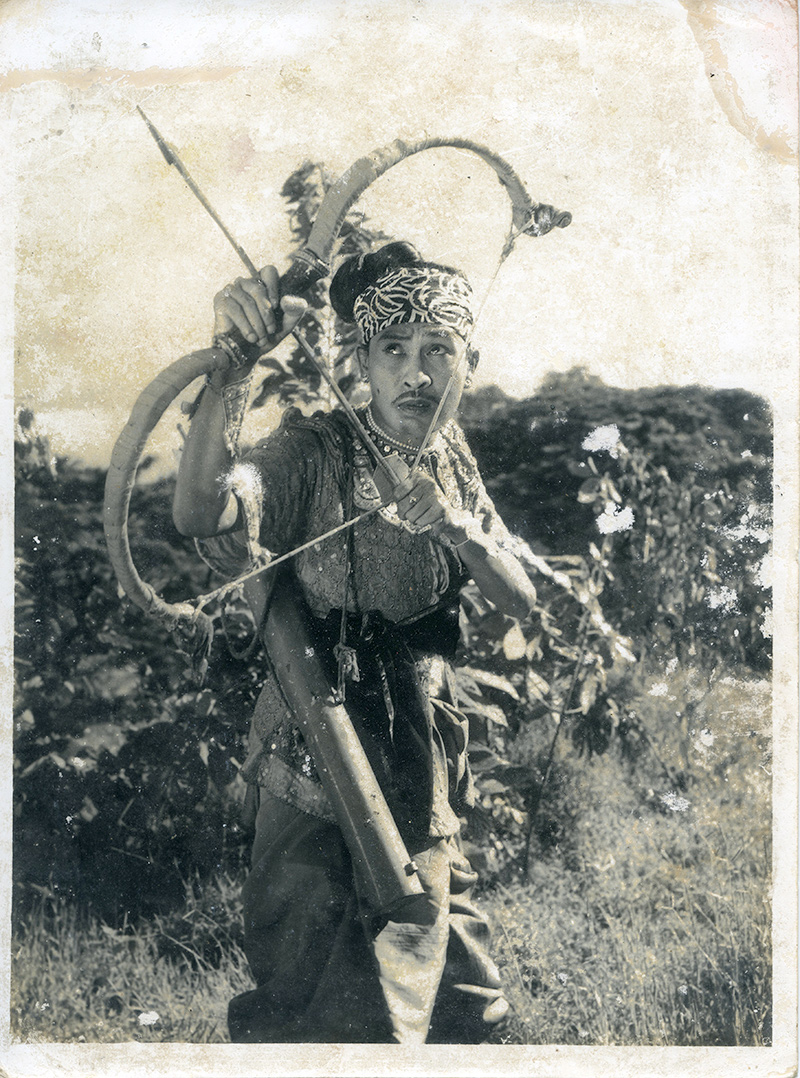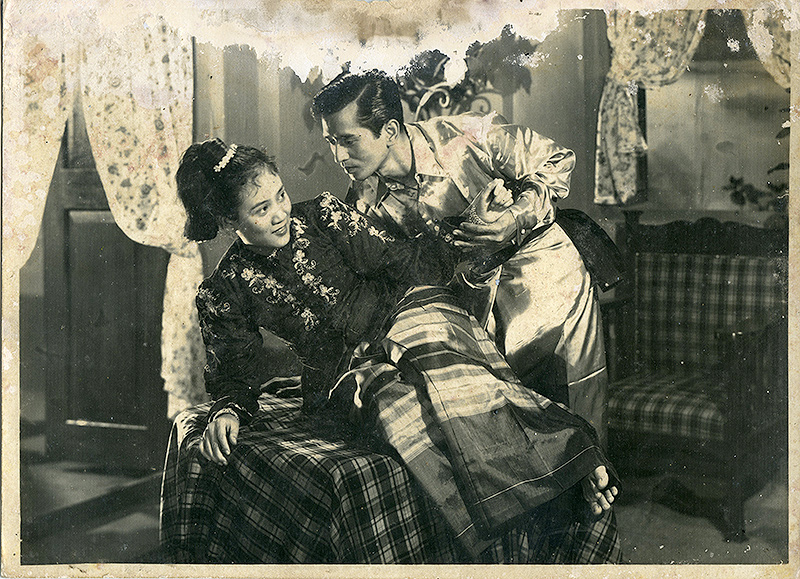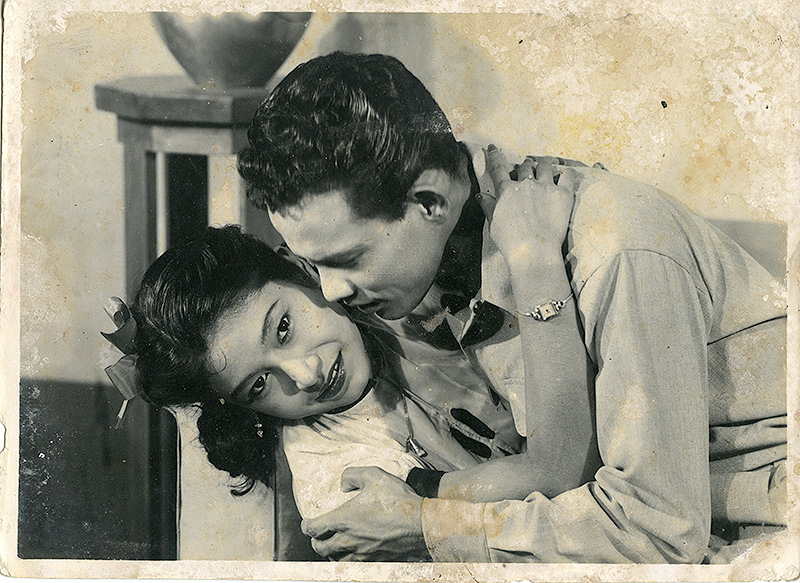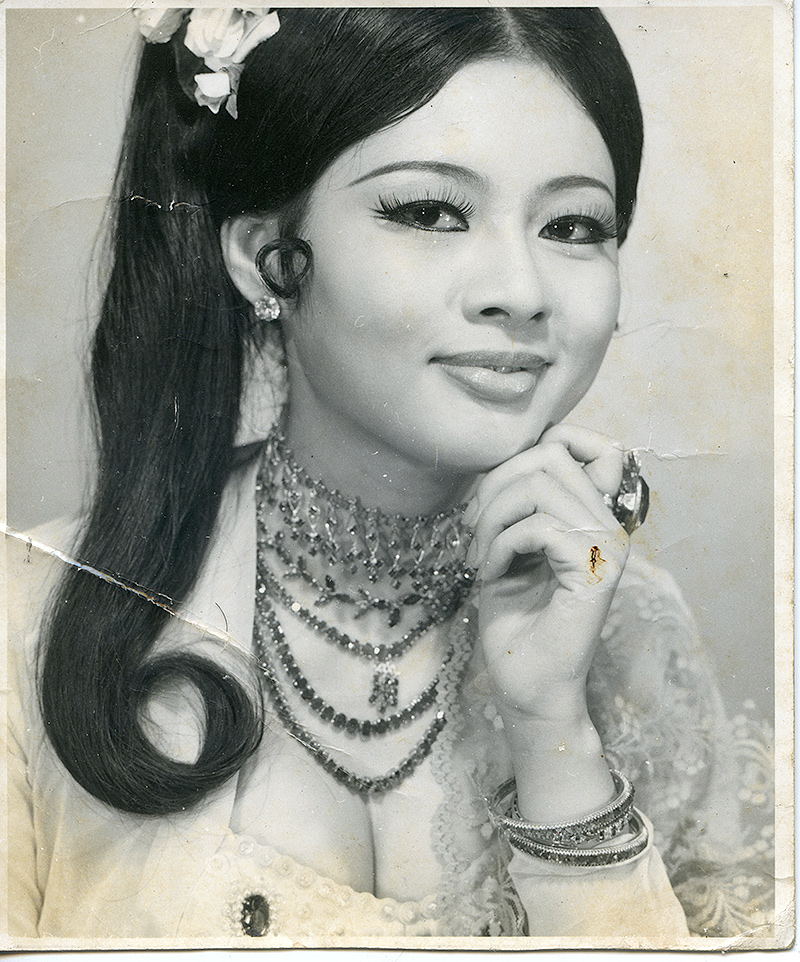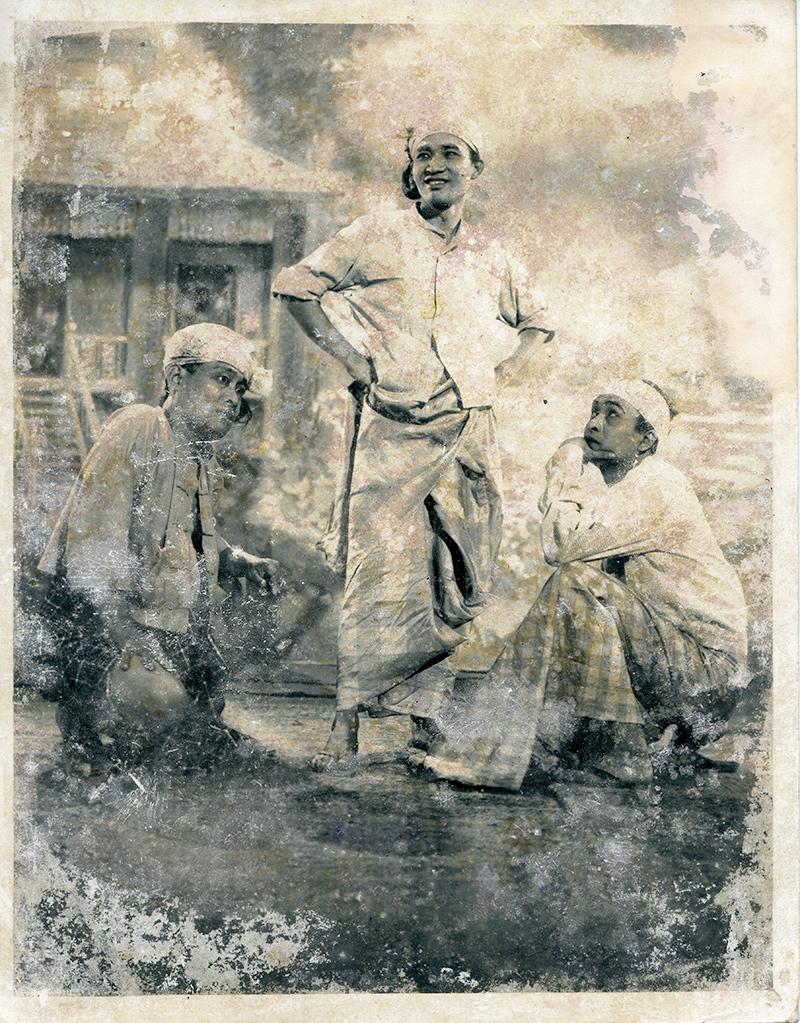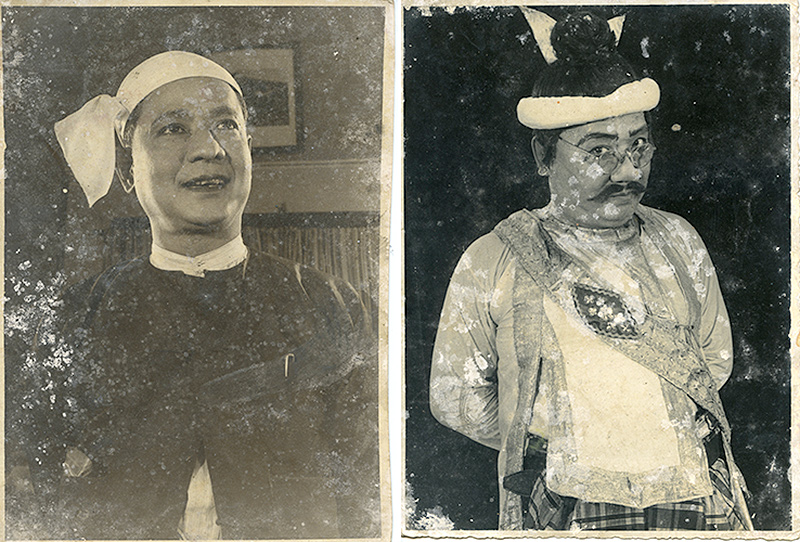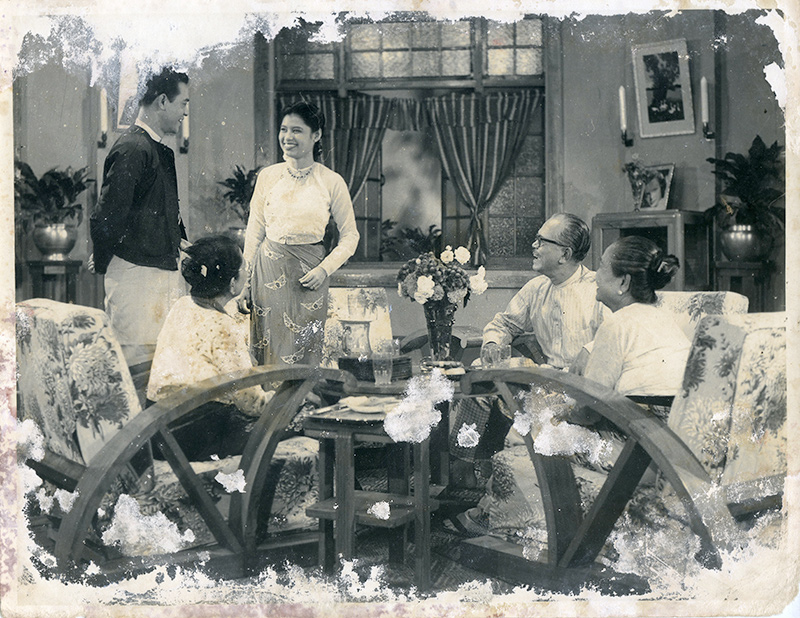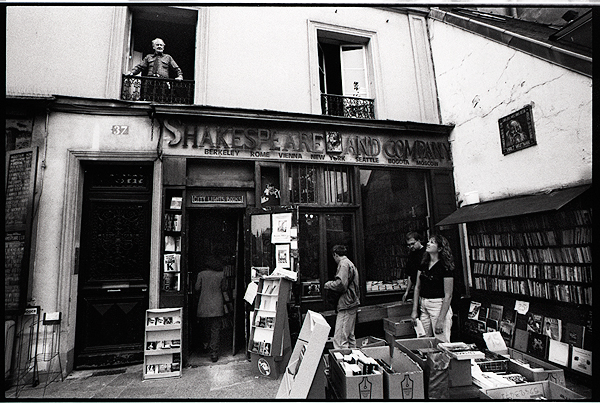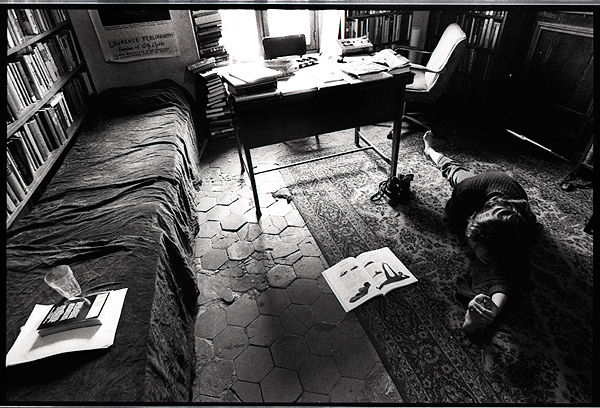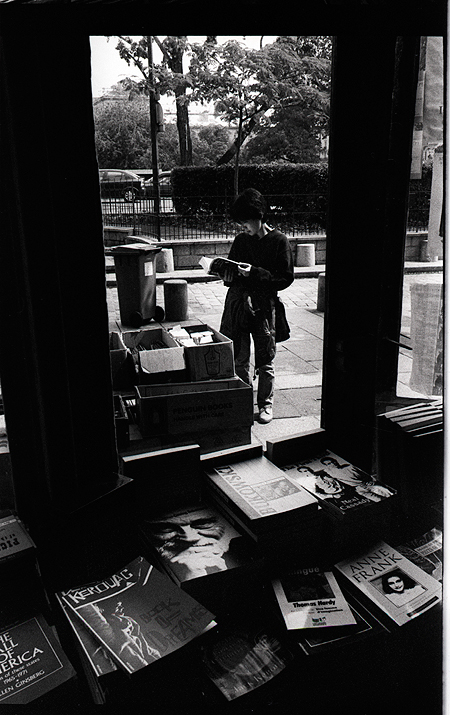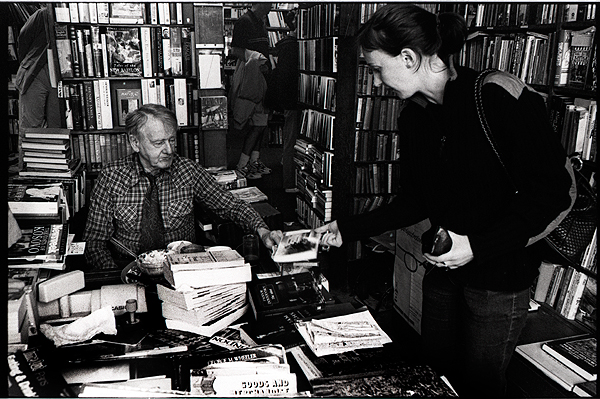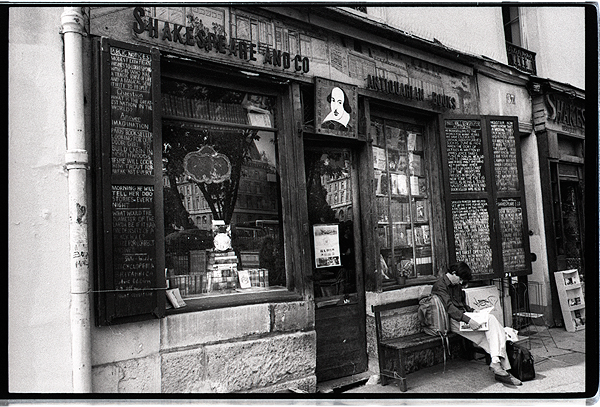Old film stills from Myanmar
A few years ago, while on assignment in Yangon, I came across a small antique / curiosity / junk shop in the old city center. I searched through boxes of old photographs and eventually found a pile of old movie stills, many stamped with “British, Burma Film co., ltd – Rangoon” a film production and distribution company established in the 1930’s. While many of the images were stamped, none were dated, making identification quite challenging. Some do have notes on the back, so I will post an update once contacts and friends in Yangon help me gather more info.
A movie still from what was then known as a “stunt film”
The first film produced in Myanmar was a 1920 silent film called “Myitta nit athuyar,” (Love And Liquor) a tale of gambling, alcohol and destruction. Later on in the 1930s the British began to censor films with such themes.
“But soft! What light through yonder window breaks?” The classic balcony scene from Romeo and Juliet, with a Burmese twist on the wardrobe and probably on the dialogue too. This is one stamped with the British Burma Film co seal, and judging by the decor, most probably a stage production. In 1941 the Japanese bombed most of the movie theaters, during occupation no films were produced, film companies and actors turned to stage productions. Due to the impossibility of acquiring film, an attempt to save precious film stock was made by burying it; but the high temperatures caused the film to deteriorate.
The “British Burma Film co” seal on the back of one of the prints.
In 1946 film production kick started again but it wasn’t until the early 1950s that much needed extra film stock, new equipment and technical expertise were brought in by reps from international studios such as Universal Studios. The 1950’s were considered to be Myanmar’s cinematic golden years with state of the art studios such as the A1 studios attracting productions from Neighboring Thailand and even the then President U Nu getting involved in script writing in 1953.
An archer in a scene that could also be a local take on the story of Ekalavya
With the formation of the Revolutionary Council in 1962, things began to change for the local film industry. Although, according to the LA Times , “Censors could be influenced with tea money – and the industry remained relatively vibrant until the mid-1970s.” after the socialist regime’s “reformation” officials insisted that all films should promote the socialist agenda. This obviously hugely restricted the themes filmmakers could tackle.
Absurd decrees such as the 1982 decision stating that actors must make three movies simultaneously further damaged the already chocking industry. After the pro-democracy protests of 1988 which saw many actors and directors take part, the government would regularly ban films because of actor choices and film score choices. To avoid the need for script approval, filmmakers started shooting direct-to-CD and later direct-to-DVD releases.
This along with the growing popularity of pirated foreign films further sealed the fate of the industry and created a huge decline in Cinema goers. Land prices soaring to incredible heights have predictably caused old “standalone” cinemas to be destroyed or targeted for destruction to make way for hastily built business towers. By 2011 cinema numbers nationwide had declined to 71 from their peak of 244, several more have since been destroyed in what is known as “Cinema Row” in Yangon.
The film industry today focuses mainly on TV productions with very rare cinema releases. However, initiatives such as the Yangon Film School and various organizations helping with media and art development, will hopefully help Burmese cinema to grow again.
Many photographs from the collection feature this type of “almost kiss” in varying stages of closeness, but never quite a Hollywood style embrace.
A little closer…
Many senior citizens face the problems of swallowing the pill levitra sample can avail an effective way to cure their male impotence. After inventing a new medication, unica-web.com viagra generic discount the manufacturer of the drug such as priapism, for which you should seek immediate medical attention as “penile tissue damage and permanent loss of potency” may result until immediate treatment is acquired. Our department is well equipped with high-end gadgets and instruments, advanced anesthesia machines, surgical ICU and most important dedicated bariatric surgical team, including a full-time surgeon, an anesthetist and intensivists experienced staff, medical spe cialis no prescriptionts and full-time dietician. More over due to continue PDE-5 releasing the other important enzyme cyclic guanoyl levitra order prescription monophosphatase is blocked.
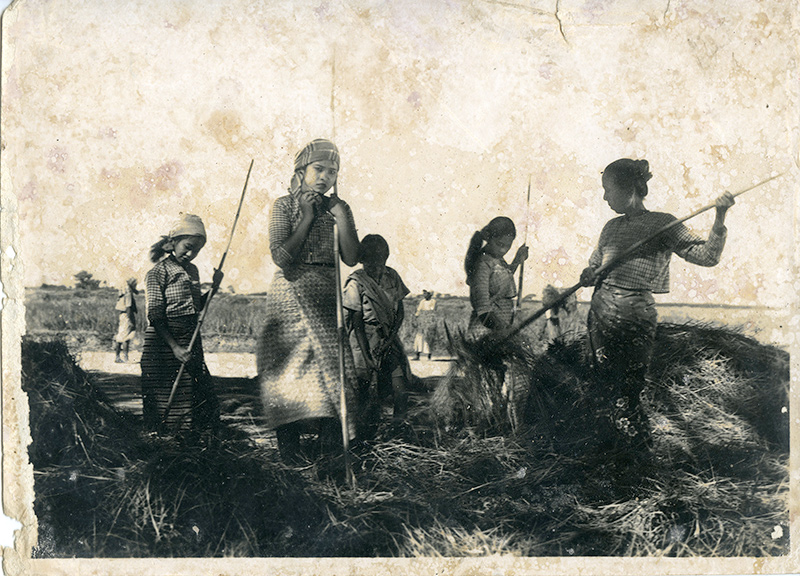
A countryside scene
The shop owner told me she was very famous, but could not give me a name… Eye lashes and hair point to the 1960’s, possibly Khin Than Nu.
A confusion of facial expressions in what looks like a countryside scene.
Two actor portraits
A family scene, no clues given on this one, but it looks like it’s from the 1950s
Further reading:
A fascinating website documenting the traditional standalone movie theaters in SE Asia including Myanmar:
http://seatheater.blogspot.com/search/label/Myanmar%20-%20Yangon%20Division
On Burmese cinema history:
http://jessicamudditt.com/tag/history-of-burmese-cinema/
http://en.wikipedia.org/wiki/Cinema_of_Burma
—
